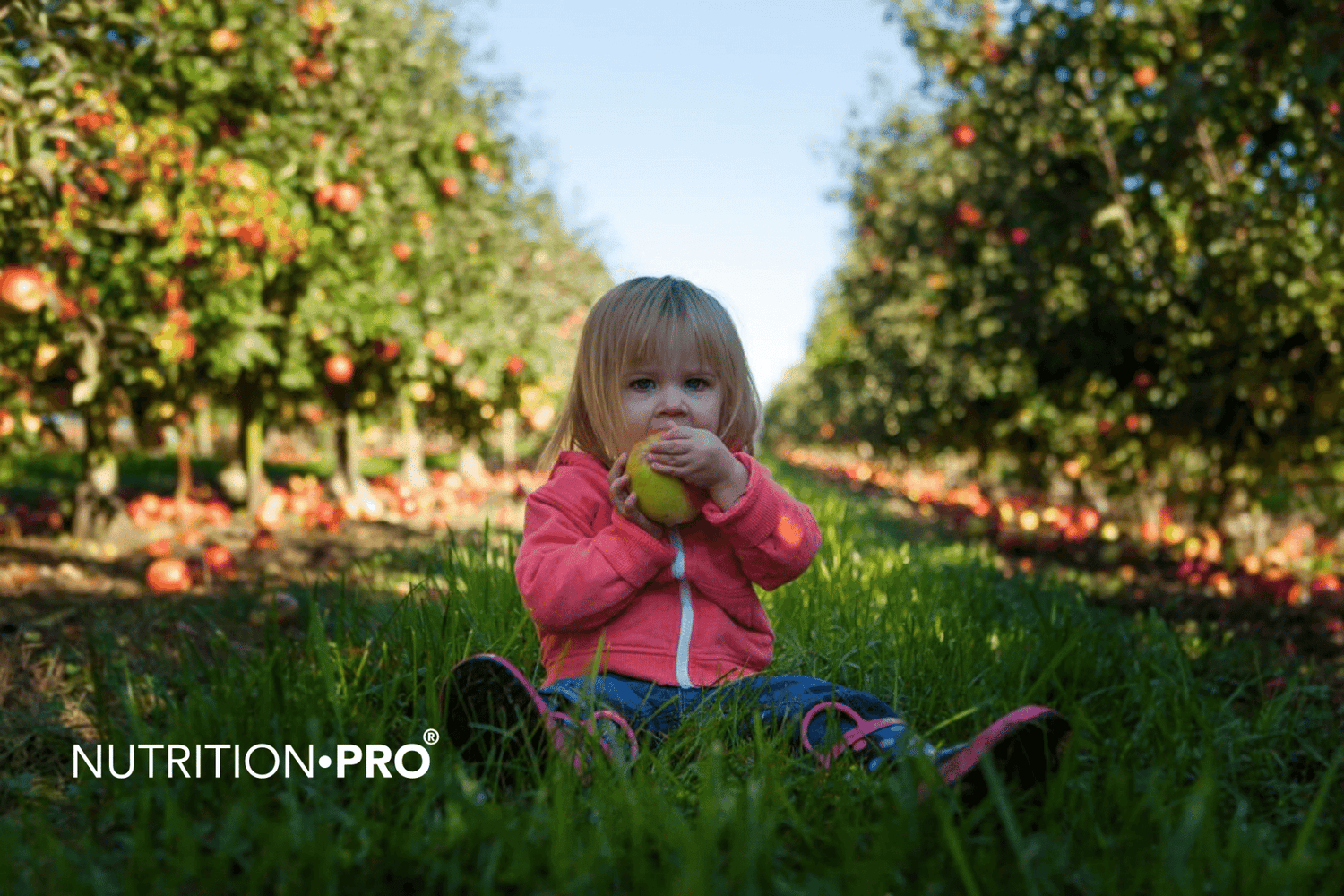Nutrition for children is based on the same principles as for adults.
Every human being needs the same types of nutrients, such as vitamins, minerals, carbohydrates, proteins and fats. Children, however, need different amounts of specific nutrients depending on their age.
To ensure its growth, the child must enjoy a diet ideally composed of nutritious foods in sufficient quantity .
Indeed, only a healthy diet rich in vitamins and minerals can meet the daily needs of a child. For its development, nutrition specialists recommend offering it a varied and well-balanced diet.
The main nutrients useful to the child
To maintain good health, boost their energy and develop their growth, a child must eat the basic elements contained in different foods on a daily basis. These nutrients are carbohydrates, lipids, proteins, vitamins, mineral salts, without forgetting water.
Importance of carbohydrate consumption
Carbohydrates provide more than 60% of our energy needs. They are found in foods containing refined sugar and in other foods naturally rich in carbohydrates such as bread, cereals, starches such as potatoes, rice, semolina, in certain tuberous vegetables such as carrots or beets. and in legumes.
Children need these intakes much more than adults, since these nutrients promote their growth by stimulating the use of fat by the body. Carbohydrates are also a great source of energy. They provide strength and build muscle mass in children.
Don't boycott lipids
Lipids are found in all fatty substances. A basic element of nutrition in children, they are responsible for the production of useful energy in everyday life. They are twice as effective as carbohydrates and proteins. In addition, lipids are there for a lot in the absorption of certain vitamins.
Vegetable oils, vegetable fats, nuts, butter, cream, olives, eggs and cheeses are inexhaustible sources of lipids. For a child to grow well and enjoy better brain development, he must consume lipids on a daily basis, an amount equivalent to 30% of his total diet.
Other essential nutrients for their growth
The nutrition of the child must also include the proteins contained in fish and other seafood. They make it possible to obtain muscle capital, strengthen bones and teeth.
Green vegetables, fruits and seeds are also not to be neglected. They contain vitamins, magnesium, iron, mineral salts and other trace elements essential for good physical and intellectual growth.
The child should also be encouraged to drink enough water. It is essential for its growth. Water also aids digestion and promotes the absorption of various nutrients in the intestine.















